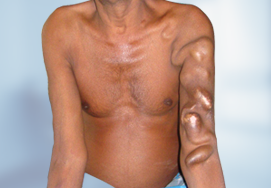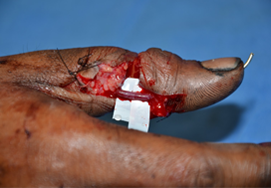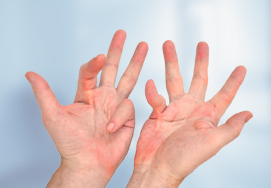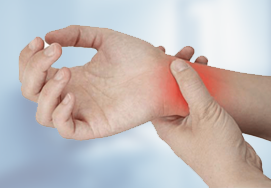Vessel Repairs
Preferred when there is a severe injury that causes your blood vessel to rupture

- What is Vessel repair and Vein grafting?
- Which individuals are eligible for the surgery?
- How should I prepare for the surgery?
- What will happen during the surgery?
- What is the aftercare of the surgery?
- What are the postsurgical considerations?
What is Vessel repair and Vein grafting?
Blood vessels are the hollow tube-like structures that transport blood from the heart under high pressure to entire body and return under low pressure back to the heart via lungs. These injuries usually occur due to a cut with sharp objects such as a knife or a broken glass and motor vehicle accidents.
Vessel Repair is a surgical technique that involves reattaching the blood vessels with sutures. This type of procedure is followed for immediate sharp lacerations like knife wounds.
Vein grafting is a surgical procedure to restore the blood flow to the affected site. The procedure involves creating an alternate channel that bypasses the obstructed blood vessel. This procedure is recommended when the vein repair is not possible.
Which individuals are eligible for the surgery?
The surgery is recommended if you experience any severe injury that causes your blood vessel to rupture. The injury may be due to sharp objects and if there is a vessel damage due to motor vehicle accident.
How should I prepare for the surgery?
Vessel repair is an emergency condition in which you may not have time to prepare for the surgery.
Preoperative preparation for vessel repair and vein grafting surgery: The day before the surgery, you need to:
- Take light supper the day before the surgery
- Quit alcohol and smoking
- Take shower with antibacterial soap
- Take the medication given by your surgeon with sip of water
- Stop taking medications like aspirin that may cause bleeding complications
- Avoid eating or drinking six hours before the surgery
What will happen during the surgery?
Vessel repair: Your surgeon may administer local anesthesia to make you sleep during the surgery. An incision is made at the site of injury. Then the vessel is repaired by reattaching the two ends of the damaged blood vessel with sutures. The incision is closed with the absorbable sutures and cast is placed for support.
Vein grafting: You will be given general anesthesia before the surgery. Then your surgeon will obtain a part of the vein from the donor site which may be from your foot. If the healthy portion of the vein is unavailable, then your surgeon will prefer a synthetic graft. Then the location for grafting is incised and the vein is clamped both above and below the blockage. The vein is opened, and the graft is sutured. Finally, your surgeon sutures the tendons and muscle surrounding the vein and then the incision is sewed.
What is the aftercare of the surgery?
Your surgeon may recommend you to follow certain precautions for the fast recovery. After the surgery, you must:
- Wear dressing/splints to the injury
- Keep your wound dry
- Massage the wound with bland, soft cream for two to three times
- Perform exercise for easy movement of your hand
- Take pain medications prescribed by your surgeon
What are the postsurgical considerations?
The surgery may involve certain complications which include the following:
- Infection
- Bleeding
- Pain
- Allergic reactions due to anesthesia
- Mild swelling
- Blood clot
- Tingling and weakness to the upper extremity
- Failure to improve
- Hematoma
- Seroma














